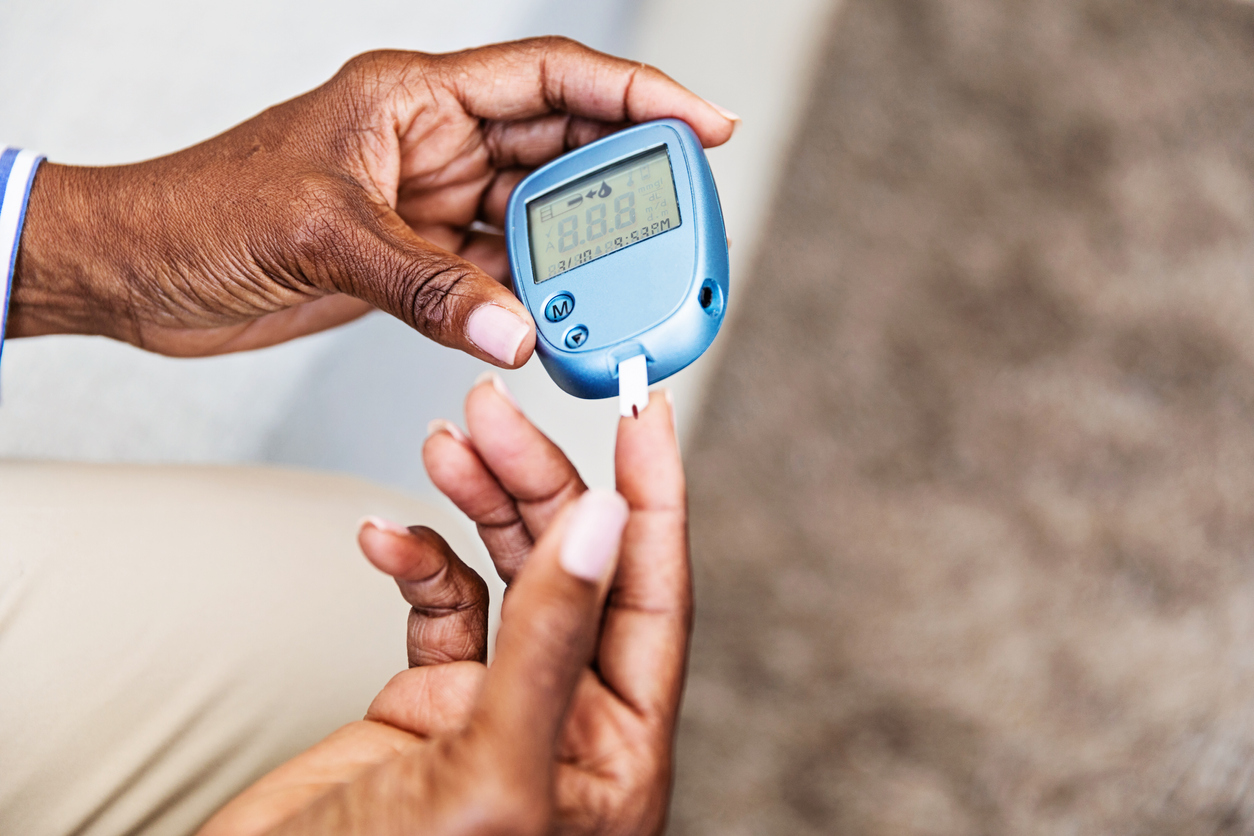
Diabetes is a group of diseases that affects how a person's body uses sugar (glucose). Your body needs glucose for several essential functions like providing energy for muscles and tissues and fueling the brain. Diabetes can negatively affect these functions. There are two types of diabetes, and different underlying conditions cause them. But what the two diabetes types have in common is that they can cause you to have too much sugar in your blood. And that, in turn, can cause other issues. Here is a closer look at the different types of diabetes.
Type 1 Diabetes
Type 1 diabetes occurs when your immune system attacks and fights the insulin-producing cells in the pancreas instead of fighting harmful bacteria and viruses. Doctors don't fully know what causes Type 1 diabetes, but it most likely results from genetic susceptibility and environmental factors.
Type 1 Diabetes can occur at any age but is more likely to appear during childhood or adolescence.
Type 2 Diabetes
In Type 2 diabetes, your cells become resistant to the effects of insulin, and the pancreas cannot create enough insulin to address this resistance. This causes sugar to build up in your bloodstream instead of moving into the cells where it is needed. Genetic and environmental factors can play a role in developing Type 2 diabetes. But unlike Type 1 Diabetes, Type 2 diabetes could be linked to being overweight.
Type 2 diabetes could develop at any age but is more likely to occur after the age of 40.
Prediabetes and Gestational Diabetes
Prediabetes looks similar to Type 2 diabetes and exhibits some cell resistance to insulin. However, patients can reverse prediabetes with healthy lifestyle adjustments before it develops into fully-fledged Type 2 Diabetes.
Gestational diabetes occurs during pregnancy. At that time, the hormones produced by the placenta to sustain the pregnancy can create insulin resistance. Gestational diabetes usually normalizes once the pregnancy is over.
Symptoms of Diabetes
Symptoms of diabetes will vary depending on the elevation level of sugar in your blood. Type 1 diabetes usually displays quicker and more severe symptoms. And prediabetes and Type 2 diabetes may not present with any symptoms at all. Symptoms of Type 1 and Type 2 Diabetes include:
- Increased thirst
- Extreme hunger
- Frequent urination
- Unexplained weight loss
- Presence of ketones in the urine
- Fatigue
- Irritability
- Blurred vision
- Slow-healing sores
- Frequent infections of the gums
- Skin and vaginal infections
- Diabetic foor ulcer
Diabetes Prevention
If left untreated, diabetes could cause serious, long-lasting damage. There are lifestyle and dietary changes that one can make to lessen the risk of developing diabetes. Here are some examples.
Eat Healthy
A healthy diet is an essential tool in diabetes prevention. Foods that are low in fat and calories but are high in fiber can help maintain a healthy weight. You can start by adding lots of fresh vegetables and fruits to your meals.
Physical Activity
Exercise can help maintain a healthy weight, provide energy, regulate blood pressure and cholesterol. And most importantly, exercise can help lower the risk of developing diabetes. Starting with even 30 minutes of light to moderate activity a day can make a world of difference. Try going for a brisk walk or joining a gym with a swimming pool.
Be Mindful of Your Weight
Maintaining a healthy weight is essential in diabetes prevention. Type 2 diabetes and prediabetes, in particular, are linked to obesity, so staying within the recommended weight guidelines for your height and age can be extremely helpful.
UAB Medical West is Here for You
A diabetes diagnosis can be overwhelming, but we are here to provide you with the information you need about diabetes management and prevention. Serving Hueytown, Hoover, Bessemer, McCalla, and Vance, UAB Medical West is here for medical needs. If you have questions or would like to discuss diabetes and diabetes prevention, please don't hesitate to contact us.
